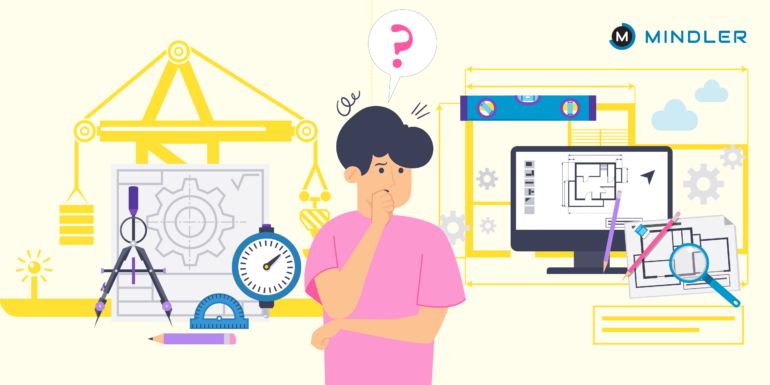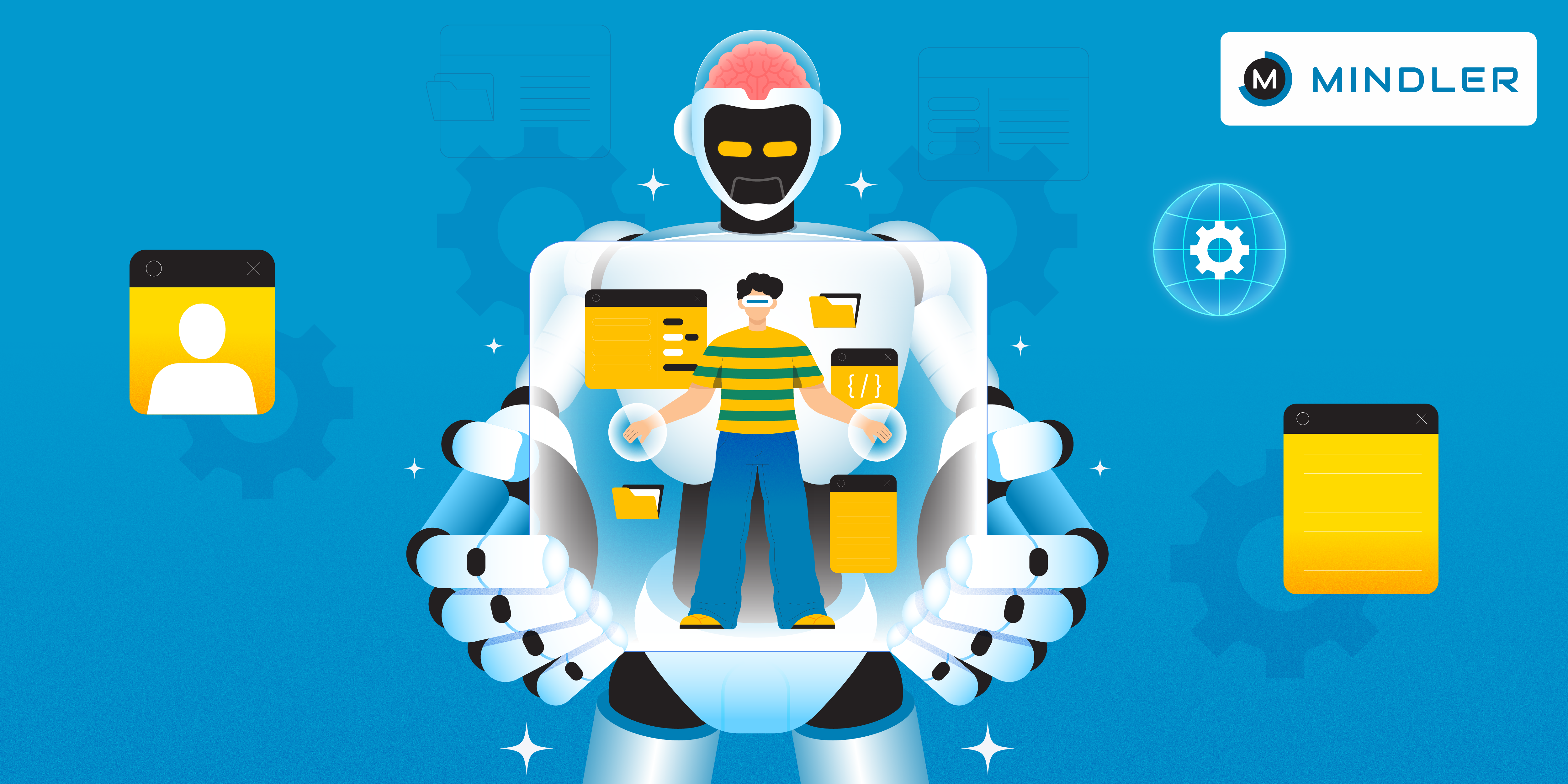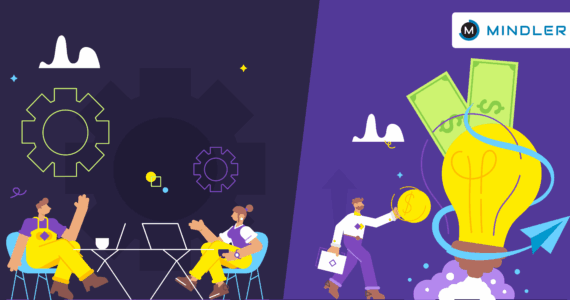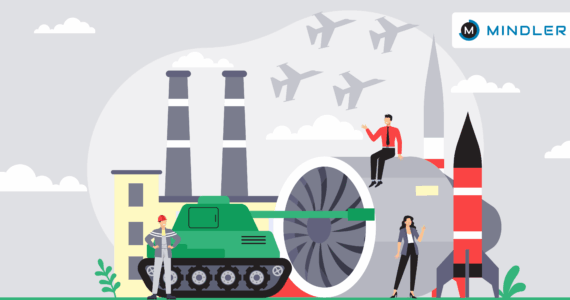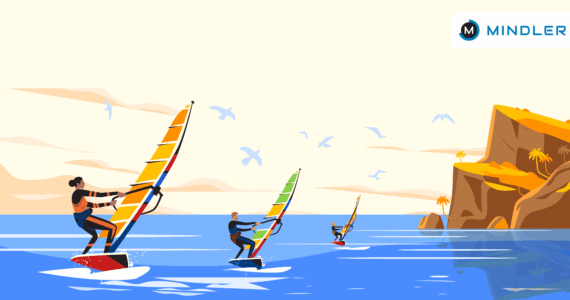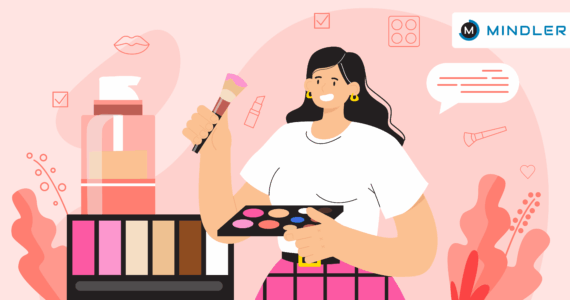Engineering and design careers attract many students, reflected in the high number of students entering these fields each year. In 2025, 1,475,103 students appeared for the JEE Main, India’s premier engineering entrance exam, while 15,408 candidates took the UCEED for undergraduate design admissions. When choosing between design and engineering, it is important to consider their distinct approaches, skill sets, and career paths. Engineers focus on technical functionality and problem-solving, whereas designers prioritise user experience and visual communication. Understanding these differences can guide students in choosing a career aligned with their skills and preferences.
What Do Engineers Actually Do?
Engineers are problem solvers who use mathematical principles, scientific methods, and technical knowledge. They operate in different fields, creating infrastructure, elaborating software systems, developing mechanical equipment, and constructing technological solutions, and their jobs can differ greatly both in terms of working conditions and skills that are necessary to perform them. The main concerns of engineering are functionality, safety, efficiency, and scalability.
Engineers generally:
- Carry out structural calculations and load analysis of buildings
- Code and write algorithms for software applications
- Perform quality tests and material testing procedures
- Develop electrical circuits and power distribution systems
The Engineering Process: Identifying requirements → researching existing solutions → developing prototypes → testing functionality → implementing improvements.
All the engineering work is performed in accordance with standards, regulations, and safety codes. Civil engineers have to adhere to building codes and seismic requirements. Software engineers must consider how applications will behave on various operating systems and hardware variations. Chemical engineers also adhere to environmental safety regulations and industrial processes.
What Do Designers Actually Do?
Designers develop visual solutions, design user interfaces (UI) and user experiences (UX) that are intuitive and user-friendly, and build communication strategies. They concentrate on aesthetics, usability, and human psychology to resolve problems by being creative and strategic in their thinking. The main objective of design is to establish meaningful connections between products or services and users.
Designers normally deal with:
- Developing brand identities and visual communication systems
- Creating user interface layouts and interaction patterns
- Planning spatial arrangements and environmental experiences
- Designing packaging that communicates product benefits
- Producing marketing materials and advertising campaigns
- Conducting user research and usability testing
The Design Process: Research → ideation → prototyping → testing → refinement.
Designing involves research on target groups, culture, and human behavioural patterns. Many design careers combine artistic expression with practical problem-solving across diverse industries for those passionate about creativity. These include roles in brand identity development, user interface design, and strategic communication design.
Design Vs Engineering: Key Differences
The distinction between design vs engineering is based on their approach, methodology and workplace environments:
|
Aspect |
Engineering |
Design |
| Problem-Solving Approach | – Data-driven – Mathematical calculations – Careful testing |
– User-focused – Creative ideation – Iterative improvements |
| Primary Focus | – Functionality – Efficiency – Safety |
– Usability – Visual appeal – Clear communication |
| Tools & Software | – MATLAB – AutoCAD – Programming – Simulation |
– Adobe Creative Suite – Figma – Sketch – Prototyping |
| Skills Required | – Proficiency in math – Programming – Technical writing |
– Proficiency in visual design – User research – Creativity |
| Work Environment | – Engineers work in offices, labs, factories, or remotely, often involving site visits | – Designers work in studios, agencies, corporate offices, manufacturing settings, or remotely, depending on the project |
| Project Timeline | – Longer cycles – Structured deadlines |
– Short cycles – Flexible deadlines |
| Outcome Measurement | – Performance – Safety – Efficiency |
– User satisfaction – Engagement – Aesthetics |
Career in Engineering: What to Expect
An engineering career provides systematic advancement, intellectual stimulation, and high income. Engineering professionals are employed in varying industries, including technology startups, multinational companies, where they have helped in developing infrastructures and creating new technologies. Modern graduates can explore emerging fields for engineering students in fields like renewable energy, artificial intelligence, and sustainable technology development.
Popular Engineering Fields
- Software Engineering: Developing applications, websites and computer software.
- Mechanical Engineering: Machine design, engine design, and mechanical systems design
- Civil Engineering: Road, building, and infrastructure planning
- Electrical Engineering: Power systems and electronics
- Chemical Engineering: Developing materials and industrial operations
Salary Expectations
In India, the average starting salary of an engineering graduate is approximately ₹6,00,000 per annum according to Glassdoor. However, this can vary greatly depending on the college, specialisation, industry, and location.
Career Growth
Engineers can become:
- Technical leads managing other engineers
- Project managers overseeing large developments
- Consultants offering specialised expertise
- Entrepreneurs starting tech companies
- Researchers developing new technologies
Career in Design: What to Expect
Design as a career offers creative satisfaction, a varied choice of projects, and work options. Design professionals influence the way individuals engage with brands, products, and digital experiences in several industries.
Popular Design Fields
- Graphic Design: Designing print and electronic visual media content
- UI/UX Design: Web and mobile interface design
- Interior Design: The art and science of planning and decorating interior spaces
- Product Design: Influencing the appearance and behavior of physical products
Salary Expectations
Graduates of design in India can expect to earn ₹11,00,000 per year, depending on their specialisation. Furthermore, specific industries and skill sets may result in higher pay. Some examples include UI/UX designers at technology companies, industrial designers at car manufacturers, and visual designers at major branding or advertising agencies.
Career Growth
Designers can become:
- Art directors leading creative teams
- Creative directors guiding visual strategy
- Design consultants working with multiple clients
- Design entrepreneurs starting their own studios
- Design educators teaching the next generation
Engineer vs Designer: Which Suits You?
When choosing between an engineer vs designer career, you need to take into account your natural preferences, work styles, and your career aspirations.
Choose Engineering If You:
- Like to use science and math principles in practical applications
- Enjoy organised procedures and data analysis
- Focus on accuracy and technical details in projects
- Are drawn to careers in software, manufacturing, energy, or infrastructure sectors
- Value defined workflows and long-term project planning
- Aim to develop systems and technologies that fulfil specific functional needs
Choose Design If You:
- Are interested in improving usability, communication, or user interactions
- Prefer using research and iterative methods to refine ideas
- Enjoy working with digital tools to create visual and interactive designs
- Are exploring roles in product design, branding, digital media, or user experience
- Value collaboration across different disciplines to reach project goals
- Aim to create systems and products centred around user needs and accessibility
Getting Started With Engineering and Design
Here are the steps to follow to kick off a career in Engineering or Design:
For Engineering:
- Focus on math and science in school
- Learn programming languages
- Prepare for national-level engineering entrance exams like JEE Main or state-level equivalents.
- Build projects to practice problem-solving
- Consider engineering colleges such as NIID, NIFT, and MIT Pune
For Design:
- Develop your artistic skills through practice
- Learn design software like Photoshop and Illustrator
- Build a portfolio of your creative work
- Take online courses in design principles
- Consider design schools or communication design programs
Conclusion
When determining whether to choose a career in engineering or a career in design, most of it has to do with which area you feel more qualified and interested in exploring. The key distinction between design and engineering is that an engineering task is primarily concerned with identifying practical, efficient, and technically accurate solutions, whereas design is focused more on creativity, positive user experience and successful communication. Carefully assessing your motivations and the kind of problems you enjoy solving can help you choose the career path that fits you best.

